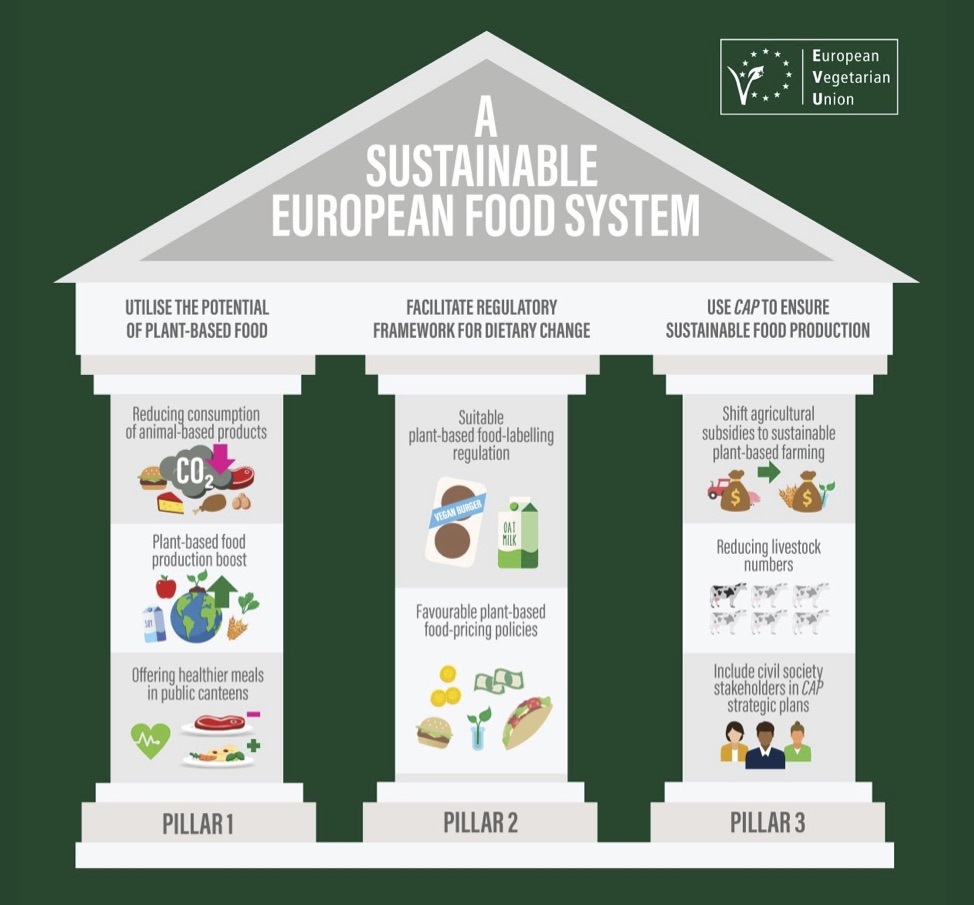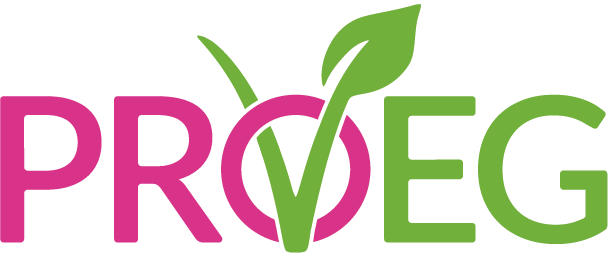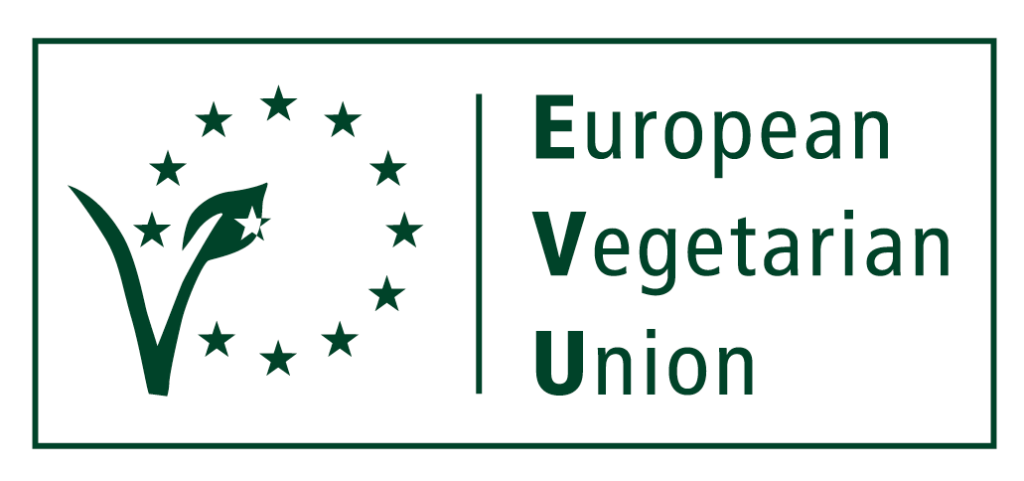In these times of unprecedented global public health and economic crises, and with EU food and agriculture policy at a crossroads, an ambitious ‘Farm to Fork’ strategy including meat-reduction targets is needed more than ever, according to ProVeg International and the European Vegetarian Union.
The ‘Farm To Fork’ strategy, which provides a sustainable food-policy roadmap for the European Commission, was initially scheduled to be published at the end of March 2020. Due to the current COVID-19 crisis, however, it has been postponed to an undecided date later in the year, prompting calls for greater urgency from MEPs.
It is now widely accepted that a shift towards more plant-based food is urgently needed. Animal farming is one of the top three causes of environmental problems, and is responsible for about 14.5% of global greenhouse-gas emissions, according to the FAO. Both the recent UN Intergovernmental Panel on Climate Change special report and the Eat Lancet Commission’s Planetary Health Diet report recommend plant-based diets as a major opportunity for mitigating and adapting to the climate crisis.
This shift is not only urgently needed for environmental reasons – it can also serve as a mitigation strategy for future zoonotic pandemics, protecting public health and the stability of life as we know it. The link between animal farming and an increased risk of pandemics is already well-established scientifically, particularly in the case of intensive farming, where conditions are conducive to the emergence and rapid spread of diseases, such as COVID-19.

Around 75% of all emerging infectious diseases are zoonoses*. These include SARS, MERS, Ebola, rabies, and certain forms of influenza transmitted via birds and pigs. Whether transmitted by wild animals, as is assumed with COVID-19, or farmed animals, as is the case with avian and swine flu, these diseases all pose serious threats to individual and global health.
Jasmijn de Boo, International Director of ProVeg International, said, “The global coronavirus COVID-19 outbreak poses a health and economic crisis of unprecedented proportions. The EU must do everything in its power to lower the risk of future pandemics and protect its citizens’ health and freedoms. A ‘Farm To Fork’ strategy, with ambitious meat reduction targets and policies around the promotion of plant-based diets as a mitigation strategy for future zoonotic pandemics, is essential to preserving the health of people and the planet as well as the stability of economies.”
Ronja Berthold, Head of Public Affairs of the European Vegetarian Union, stated that “It is crucial that the EU quickly moves forward with its sustainability initiatives such as the ‘Farm to Fork’ strategy” as it needs to contribute to shaping a safer, more resilient and climate-friendly food system and help prevent future crises.”
About ProVeg International
ProVeg is an international food awareness organisation working to transform the global food system by replacing conventional animal products with plant-based and cultivated alternatives.
ProVeg works with international decision-making bodies, governments, food producers, investors, the media, and the general public to help the world transition to a society and economy that are less dependent on animal agriculture and more sustainable for humans, animals, and our planet.

ProVeg’s EU policy examples: In 2019, ProVeg International campaigned for the Veggie Burger Ban to be overturned and persuaded the Dutch government to continue to allow meat-based product names for plant-based analogues, recently advised on the TAPPC report on a ‘sustainability charge’ to be imposed on meat, and in 2018 ProVeg won a United Nations Climate Action Award for its projects relating to sustainable school meals.
About European Vegetarian Union (EVU)
The European Vegetarian Union (www.euroveg.eu) represents the growing number of Europeans choosing vegetarian and vegan products over animal-based nutrition. Its aim is to make vegetarian and meat-reduced lifestyles appealing, available, and safe for consumers, producers, and traders, and to provide adequate information on related health issues, as well as on animal welfare and environmental protection, in relation to a vegetarian lifestyle. EVU also acts as an umbrella organisation for the ‘V-Label’ (www.v-label.eu), a voluntary certified labelling scheme.

For more information please contact:
Jimmy Pierson, Global PR Manager, ProVeg International
[email protected], +44 7931 819 508
Ronja Berthold, Head of Public Affairs, EVU
[email protected]
Notes
* Belay, E. D., Kile, J. C., Hall, A. J.,et al. (2017): Zoonotic Disease Programs for Enhancing Global Health Security. Emerging Infectious Diseases, 23(13). https://dx.doi.org/10.3201/eid2313.170544
Jones, K.E., N.G. Patel, M.A. Levy et al. (2008): Global trends in emerging infectious diseases. Nature, 451, 990-993. https://doi.org/10.1038/nature06536
FAO: Protecting people and animals from disease threats. Available at: http://www.fao.org/emergencies/crisis/diseases/en/ [18.03.2020]
FAO (2009): The State of Food And Agriculture – Livestock in the Balance. Rome. Available at: http://www.fao.org/3/a-i0680e.pdf [18.03.2020]
Leibler J.H., J. Otte, D. Roland-Holst, D.U. Pfeiffer, R. Soares Magalhaes, J. Rushton, J.P. Graham, E.K. Silbergeld (2009): Industrial food animal production and global health risks: exploring the ecosystems and economics of avian influenza. Ecohealth, 6(1). 58-80. doi: 10.1007/s10393-009-0226-0
UNEP (2016): UNEP Frontiers 2016 Report: Emerging Issues of Environmental Concern. United Nations Environment Programme, Nairobi
